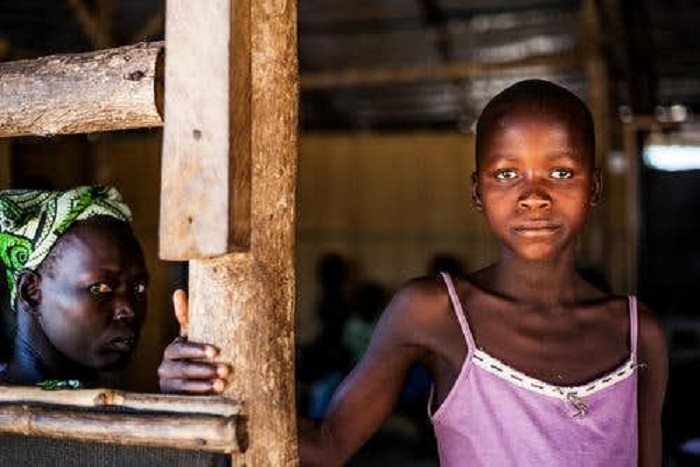The advent of the COVID-19 pandemic has further marginalized women and exposed them to plethora of security challenges and domestic violence, a new survey has observed.
The survey further indicates that COVID-19 “exacerbates pre-existing structural inequalities in income, decision making between men and women.”
Pregnant women four times more likely to be infected with COVID-19
COVID-19: WAEC, NECO candidates to know fate after lockdown
The outcome of the survey on “Rapid Gender Analysis of the Impact of COVID-19 on Households in Nigeria,” was presented in Lagos by Women Advocates Research and Documentation Centre (WARDC).
According to the survey, 75.8 per cent of women across the nine states selected did not receive any support from the government during the COVID-19 lockdown.
The selected states were Lagos, FCT, Kano, Akwa Ibom, Enugu, Bornu, Osun, Ogun, Kwara and Kaduna with the questionnaire distributed randomly to selected households across the states.
Presenting the report, the Founding Director of WARDC, Abiola Akiyode-Afolabi stated that distribution of palliatives became avenue for corrupt practices especially officials of the states whom he said simply hijacked the process and diverted palliative materials to their cronies and family members.

She said emergency of taskforces across the states were not gender-sensitive in the composition of team members and decision making.
“Principles of transparency and accountability did not provide the guiding framework for Nigeria’s emergency response to COVID-19,” she added.
The survey further revealed that there was upsurge in cases of domestic violence and gender based violence against women during the COVID-19 lockdown.
“Healthcare facilities and services were dysfunctional in the management of COVID-19 due to poor funding and pervasive corruption.
“The Nigerian state lacks the required institutional capacity for effective response to pandemic of such magnitude and thus had to follow the model from the western countries in the national response,” the report added.
It however recommended the implementation of 50 per cent women representation “in national emergency response team and other taskforces at state and community levels.”
Akiyode-Afolabi also called for investment in women hygiene such as the provision of accessible potable water, toilets and fumigation of public places during health crisis.
The report added, “Promoting transparency and accountability in government institutions is critical for effective implementation of gender equality commitments and service delivery.
“Women are often more dependent on basic services such as healthcare, education, water and sanitation because of their domestic roles. Corruption in basic services can have disproportionate and negative consequences for women and girls.”

 Join Daily Trust WhatsApp Community For Quick Access To News and Happenings Around You.
Join Daily Trust WhatsApp Community For Quick Access To News and Happenings Around You.


